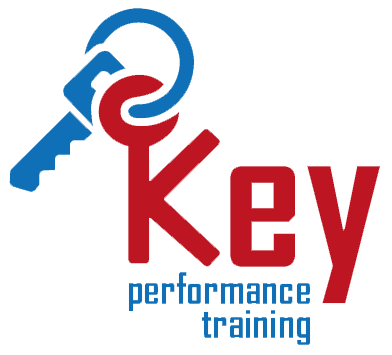It is reported that overall accident rates are lower in workplaces where the wider workforce participates in health and safety and employees feel they have a say. The awareness of the risks of slips and trips, for example, is supposedly greater (62%) where the workforce is consulted on health and safety issues, than when there is no involvement (28%).
What employers with workplace transport operations can take from this, is that to reduce risk of incidents, it’s important for lift truck operators to understand their role in health and safety and feel they can actively contribute. In research, 77% of the workforce felt encouraged to raise concerns in a good health and safety climate to 20% who felt encouraged to do so in a poor health and safety climate.
Forklifts are one of the most commonplace types of equipment in logistics and warehouse operations, yet they are also among the most dangerous – it is suggested that 8,000 workplace incidents involving lift trucks are reported annually. With this in mind, your forklift operators may be some of the best positioned employees to understand workplace risks related to material handling and to take an active role in contributing to health and safety improvements.
So, what can employers do to help engage lift truck operators in health and safety more and positively influence their behaviour?
- Communicate the impact of incidents
Having a culture where incidents are never just an inevitable part of the job is key. Moreover, operators should have a clear awareness of the potential impacts of a lift truck incident occurring. At the most serious end of the spectrum, this can include life-changing and fatal injuries.
To tackle these subjects effectively, two-way communication is needed between trainers, health and safety managers and compliance managers, and their lift truck operators. What this looks like will be different depending on your organisation’s size and culture. However, a lift truck operator training environment is one good place to have these conversations, especially as regular training of operators is required for compliance.
For novice operators, the eTruck UK forklift and reach truck theory eLearning solution from RTITB helps support this, and encourage behaviour change around risk. Rather than a traditional presentation-led style of training, eTruck tells the story of a lift truck accident and the chain of events leading up to it. Operators must engage with the story to understand and anticipate when, why and where the accident will occur. This gives a greater understanding of safe operating practices and the impact of an incident on the wider operation.
- Educate on the role of Managers and Supervisors
It would be easy for operators to feel that should any incident occur, that it’s not entirely their fault, and it is true that their Managers and Supervisors have a significant role to play. Incidents often occur as a result of poor or non-existent supervision, so to reduce risks and comply with the law, those in these senior roles must be correctly trained, just as operators must be correctly trained.
However, operators must be made aware that they do have a level of accountability and therefore must always operate to the safety standards delivered via their lift truck operator training and follow the organisation’s rules and processes around health and safety.
- It all starts with training
Employers must remember that for compliance and safety, lift truck training should always be the first step. It is vital for not only educating operators on how to use and work around lift trucks, but also how to reduce risks to themselves and others.
There is a mandatory level of lift truck operator training required for compliance, and it is crucial to keep this up to date with refresher training or conversion training (if required). This is an essential for employed staff, as well as temporary and contract workers. For safety, only correctly trained staff should be given an Authorisation to Operate equipment.
However, businesses should always continue to undertake regular risk assessments and assessments of operators to ensure optimum safety practices and deliver remedial or additional training as and where needed.
RTITB Accreditation could support safety in your operation.
